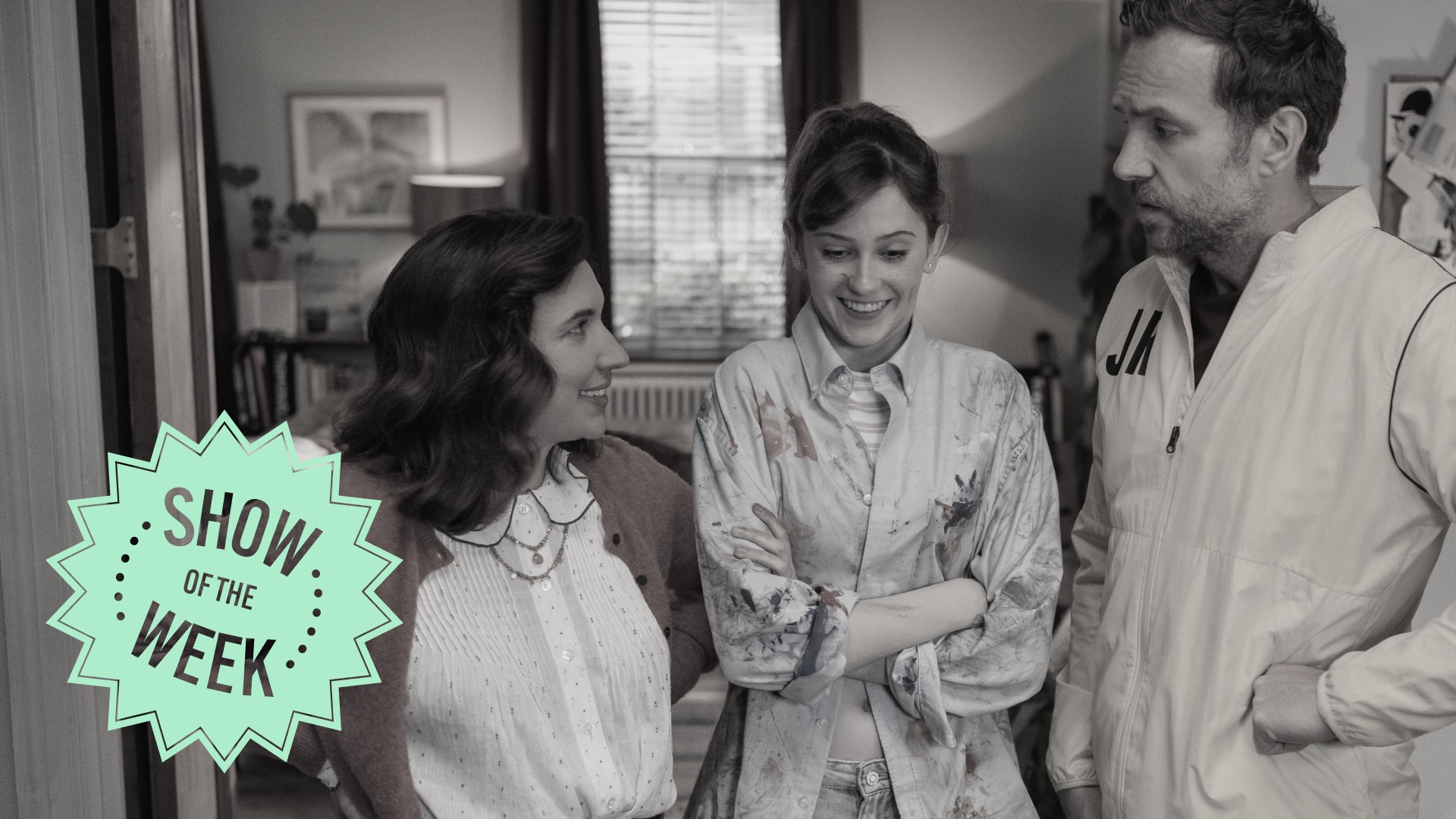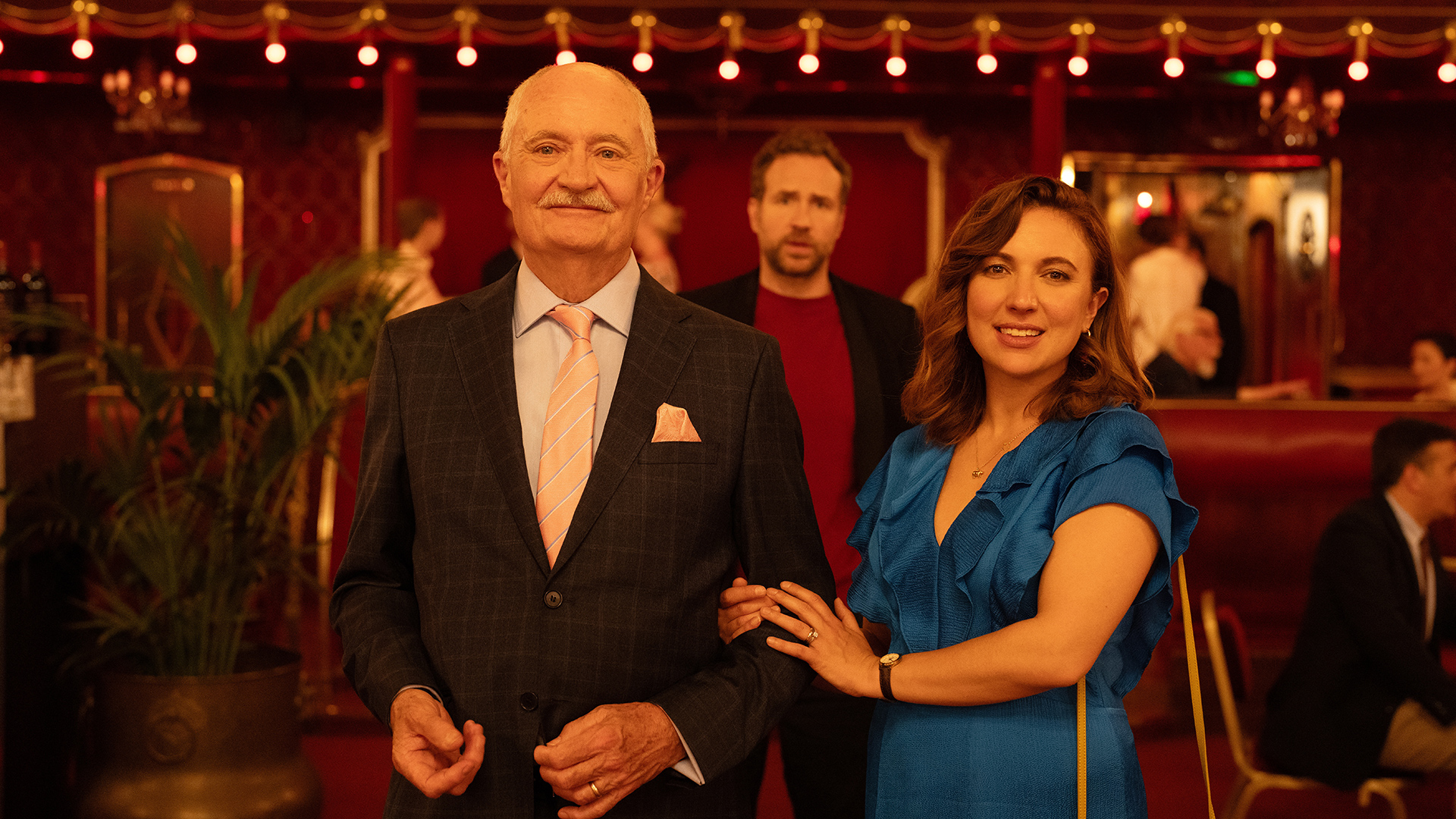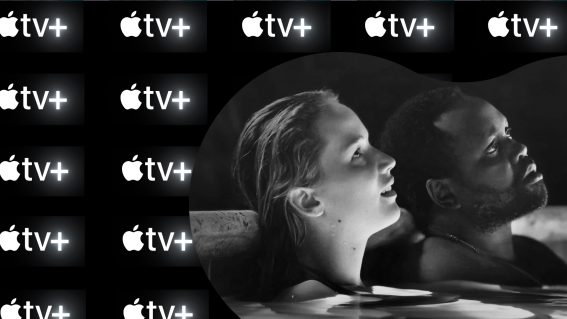Apple TV+ sitcom Trying isn’t as flashy as Ted Lasso, but certainly as cosy
Apple TV+ may be underestimating its own bread-and-butter shows that echo network TV programming.

Clarisse Loughrey’s Show of the Week column, published every Friday, spotlights a new show to watch or skip. This week: Season four of sitcom Trying, which keeps sentimentality and tenderness at a low simmer: television as a balm.
Apple TV+ fervently wants you to believe it’s the new home of prestige television. Remember those Timothée Chalamet ads, where he gets really depressed because the streamer hasn’t given him his own project yet? They’re not entirely wrong, but I’d argue Apple TV+ is somewhat underestimating how much of its lifeblood consists of the bread-and-butter shows that make up so much of network television, specifically the sitcoms that are tonally safe but well-crafted. For US audiences, there’s the Maya Rudolph-fronted Loot, a successor to Parks and Recreation or Brooklyn Nine-Nine. And for UK audiences, there’s the BBC Studios-backed Trying—hardly as flashy as Ted Lasso, but certainly as cosy.
Trying has, quite impressively for today’s landscape, been chugging along now for four seasons. It keeps sentimentality and tenderness at a low simmer, broaching difficult topics while simultaneously wrapping them up in cotton wool, so as to ensure us nothing truly bad could ever happen to these characters. It’s television as a balm. Even death isn’t too cataclysmic—season four opens with couple Nikki (Esther Smith) and Jason (Rafe Spall), alongside their adopted kids Princess (Scarlett Rayner) and Tyler (Cooper Turner), about to leave the house for a funeral. There’s a number of humorous fake-outs over the identity of the deceased. Everyone’s sad, but not in a way that ever feels raw and ugly.
Unlike the standard sitcom approach of maintaining the status quo, in which everything resets at the end of an episode or season, Trying has embraced the passage of time in unusual and striking ways. It’s almost a new show each time around: at first, Nikki and Jason were dealing with infertility issues (hence the title), then they were in the process of adoption, and now we’re visiting the happily settled family unit six years down the line.
But said funeral has brought up the somewhat taboo topic of the kids’s birth mother (played, when we eventually meet her, by Charlotte Riley), who everyone worries might turn up unannounced at any given point. What would she even say? Did she ever regret her choices? What brought her to the extreme of having to leave her children behind? It’s an uncertainty layered over an otherwise cheery, good-natured show, as Princess wrestles with her desire to track her down while fearing it might upset her parents. It’s certainly something Nikki worries about, in quieter moments. “It’s been six years but I’m still scared of losing them,” she confesses.

Smith and Spall have a comfortable, lived-in chemistry. They can deliver the sillier, broader beats, like Jason’s inability to tell his dad (Phil Davis) that he loves him, meaning they have to talk in football code—“I love Pablo Gonzalez.” // “I love Pablo Gonzalez, too.” But they’re believable, too. Jim Broadbent turns up in one episode, as a forlorn internet dater, to add a little sprinkle of thespian clout. The series, in fact, takes a refreshing, unpatronising interest in dating at an older age, particularly after the death of a spouse.
When Vic tries to derogatorily call the teachers at Princess’s school a bunch of “marxists”, you do suddenly worry about what his Facebook activity must look like. But to engage in Trying, I guess, is to buy into the conceit that every action and comment in this universe is, ultimately, a harmless one. That’s the big sell of the bread-and-butter sitcom—here’s somewhere where nothing could ever hurt that bad.

























